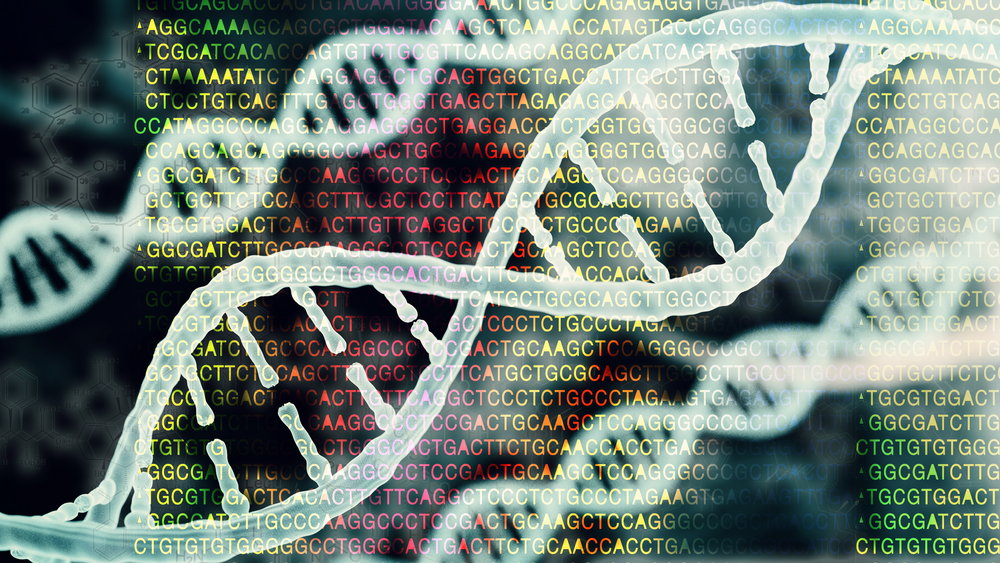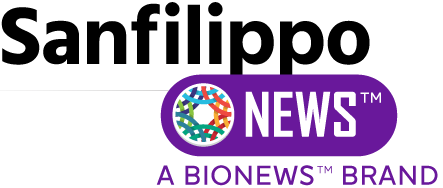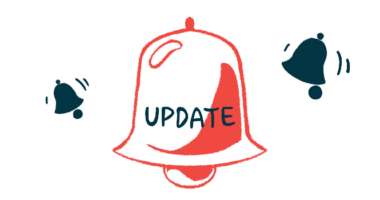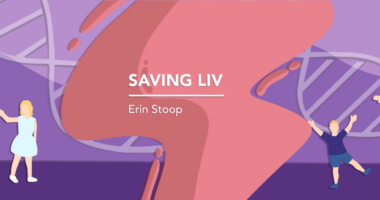1st European Patient Treated in Phase 2/3 Trial of Sanfilippo Type A Gene Therapy LYS-SAF302

CI Photos/Shutterstock
A Phase 2/3 trial of the Sanfilippo syndrome type A gene therapy candidate LYS-SAF302 has dosed its first patient in Europe.
Called AAVance, the open-label trial (NCT03612869) is assessing the safety and efficacy of a one-time delivery of LYS-SAF302. The team intends to recruit a total of 20 patients, ages 6 months and older, at eight sites in the U.S. and Europe. Patient enrollment is ongoing; more information on trial locations and contacts is available here.
Sanfilippo syndrome type A, also called mucopolysaccharidosis type IIIA, is caused by a defective SGSH gene, which provides instructions for making an enzyme known as heparan-N-sulfamidase. SGSH mutations lead to the accumulation of heparan sulfate and other long sugar molecules in cellular structures called lysosomes, resulting in neurodegeneration.
LYS-SAF302 uses a modified adeno-associated viral vector (AAV) to deliver a healthy copy of SGSH in a single dose. Specifically, the therapy employs the AAVrh10 viral subset due to its ability to target the central nervous system (brain and spinal cord). By providing a source of the missing enzyme, the treatment is intended to improve or at least stabilize neurodevelopment in these patients.
“It is a great motivation to know that the work we are doing has the potential to make a life-changing difference for the children affected by this disease,” Frits Wijburg, a principal investigator for AAVance and a professor at Academic Medical Center, University of Amsterdam, said in a press release.
Treatment administration to both sides of the brain is guided by real-time images. The patients will be monitored over 24 months to track developmental and behavioral changes. Magnetic resonance imaging scans will be conducted to evaluate brain volume changes.
Earlier this year, Lysogene and Sarepta Therapeutics, which holds the marketing rights for LYS-SAF302 in the U.S. and other countries outside Europe, announced the treatment of the first AAVance participant in the U.S.
“We are very pleased to have successfully administered LYS-SAF302 to the first European patient and mark this as a milestone for the field in advancing a potential one-time treatment for patients with [Sanfilippo syndrome type A],” said Michel Zerah, from the Hôpital Necker Enfants Malades in Paris.
Preclinical models showed strong SGSH expression, broad enzyme distribution, and the therapy’s ability to correct lysosomal storage defects. Safety data then demonstrated that LYS-SAF302 was not associated with unexpected mortality, changed clinical signs, body weight, behavior, or macroscopic brain alterations at any dose evaluated.
“The first European patient dosed in the AAVance trial is an important step in addressing this relentlessly progressing neurodegenerative disease,” said Karen Aiach, Lysogene’s founder and CEO. “We are encouraged by the preliminary observations in AAVance to date, and are excited to bring this investigational therapy to patients in Europe.”






